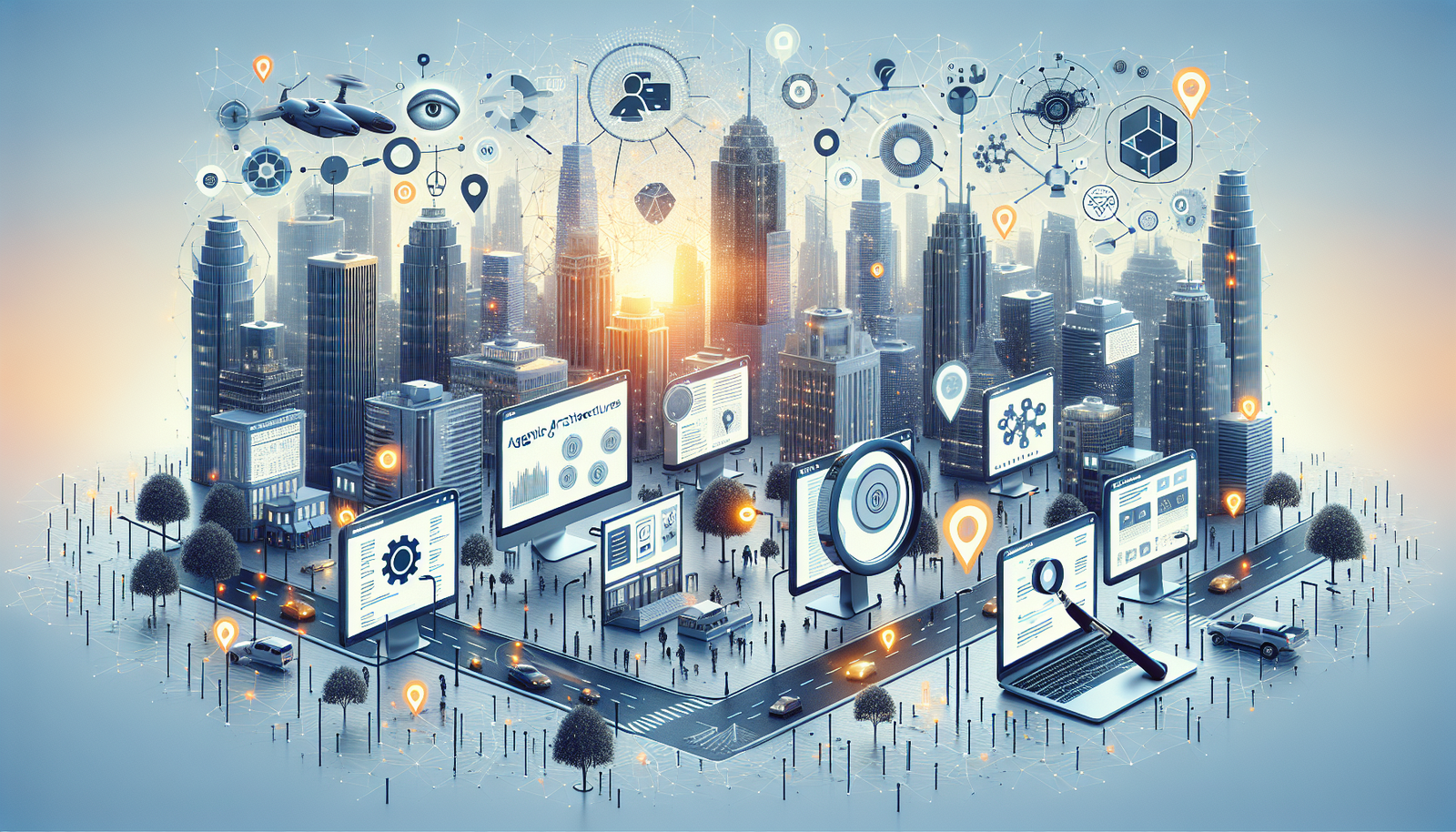Introduction: Choosing the Best AI Agent Platform in 2025
As AI agents evolve from experimental tools to mission-critical enterprise assets, selecting the best AI agent platform for enterprise deployment in 2025 is a decision that can significantly impact efficiency, customer experience, and data security. With platforms like OpenAI’s ChatGPT Enterprise, Google’s Vertex AI Agents, and NVIDIA’s NeMo offering cutting-edge capabilities, the market is both rich in innovation and increasingly complex for buyers to navigate.
What Enterprise Buyers Need from AI Agent Platforms
Security and Compliance
Enterprises operating in regulated industries need platform-level controls around data handling, auditability, and compliance with frameworks like GDPR, HIPAA, SOC 2, and ISO 27001.
Integration with Enterprise Data and Workflows
Today’s AI agents must connect seamlessly to CRMs, ERPs, intranets, databases, and APIs—turning enterprise data into coordinated intelligence. Platforms like Vertex AI and LangChain excel in these areas with built-in connectors and orchestration engines.
Scalability and Performance
Supporting thousands of simultaneous interactions with minimal latency is table stakes, especially in customer support and internal helpdesk contexts. Cloud capabilities and workload prioritization define a platform’s infrastructure readiness.
Ease of Deployment and Governance
Whether central IT or departmental DevOps teams are leading the deployment, documentation, monitoring, and user management are essential. SaaS models like OpenAI’s ChatGPT Enterprise streamline this with granular admin dashboards.
Top AI Agent Platforms for Enterprise in 2025
OpenAI ChatGPT Enterprise
Built on GPT-4 Turbo, ChatGPT Enterprise offers enterprise-grade SLAs, SOC2 compliance, unlimited GPT-4 access, and tools like code interpreter, GPTs, and advanced web browsing. Used by companies like Morgan Stanley and Canva, OpenAI packages security, strong UI/UX, and elastic infrastructure.
Google Vertex AI Agents
Google’s Vertex AI Agents offer scalable orchestration of multi-turn, multi-modal conversations with native integration across BigQuery, Google Workspace, and Dialogflow. With maximum security and workload partitioning, it has been adopted by enterprises like Coca-Cola for digital assistants in customer engagement and marketing.
Microsoft Azure AI Agents
Tightly integrated with Azure OpenAI Service, Microsoft’s offering brings GPT-4 to enterprise apps with Microsoft 365 Copilot compatibility, Azure ML pipelines, and robust identity/governance integration. It’s ideal for enterprises heavily invested in the Microsoft ecosystem.
NVIDIA NeMo and Enterprise LLMs
For firms requiring on-premise deployment, NVIDIA’s NeMo provides powerful frameworks to train or fine-tune custom LLMs with data ownership and GPU optimization. Healthcare, manufacturing, and finance sectors value this control especially for sensitive use cases.
LangChain and Open-Source Alternatives
LangChain, Meta’s Llama frameworks, and tools like Auto-GPT offer modular, composable architectures ideal for custom AI pipelines. While demanding more developer resources, they offer unmatched flexibility and data sovereignty.
How to Choose: Cloud vs On-Premise vs Hybrid Deployments
Cloud-native SaaS platforms
Platforms like ChatGPT Enterprise and Azure AI Agents are operational ‘out of the box,’ with managed infrastructure, SLAs, and elastic scalability. They are best for teams prioritizing time-to-value.
Hybrid/Private cloud deployments
Google’s Vertex AI and tools from Anthropic or Cohere support deployment in private VPCs, ensuring better isolation and data compliance. These platforms meet needs where security is key but flexibility is a must.
When self-hosted makes sense
For institutions with strict data control and internal GPU/TPU resources, platforms like NeMo or open-source frameworks are a fit. Custom AI stack development is common in pharma, defense, and proprietary analytics workflows.
Comparison Table: Key Features Across Leading Platforms
| Platform | Deployment Type | Security Features | Enterprise Integration | Customization |
|---|---|---|---|---|
| ChatGPT Enterprise | Cloud (SaaS) | SOC2, data encryption | APIs, GPTs, plug-ins | Medium |
| Vertex AI Agents | Cloud/Hybrid | VPC access, IAM | BigQuery, GCP-native | High |
| Azure AI Agents | Cloud/Hybrid | Azure AD, role-based access | Microsoft 365, Copilot | Medium |
| NVIDIA NeMo | On-Prem | Full in-house control | Custom LLM pipelines | Very High |
| LangChain / OSS | Self-hosted / Flexible | Depends on deployment | Any API, knowledge base | Very High |
Conclusion: Matching Platform to Need
There is no single winner among AI agent platforms in 2025—only an ideal match for your enterprise’s priorities. Fast-growing teams may opt for cloud-based tools like OpenAI or Azure. Security-focused industries may gravitate toward NVIDIA and open source. Mixed deployments often find Google Vertex AI hits the sweet spot. The key is to assess deployment needs, in-house expertise, and long-term scalability.
FAQs
What is the most secure AI agent platform for enterprises?
Platforms like Vertex AI (with private VPC) and NVIDIA’s NeMo (self-hosted) offer high-security architectures. ChatGPT Enterprise also guarantees encryption and SOC2 compliance.
Can I customize the behavior of AI agents on these platforms?
Yes. OpenAI offers ‘custom GPTs,’ while LangChain and NeMo allow full customization. Google’s Vertex AI also supports custom orchestration with Dialogflow.
What’s the difference between cloud and self-hosted AI agent platforms?
Cloud platforms offer ease of use and scalability, while self-hosted setups offer greater control and data sovereignty but require more IT resources.
Focus Keyword: best AI agent platform for enterprise






